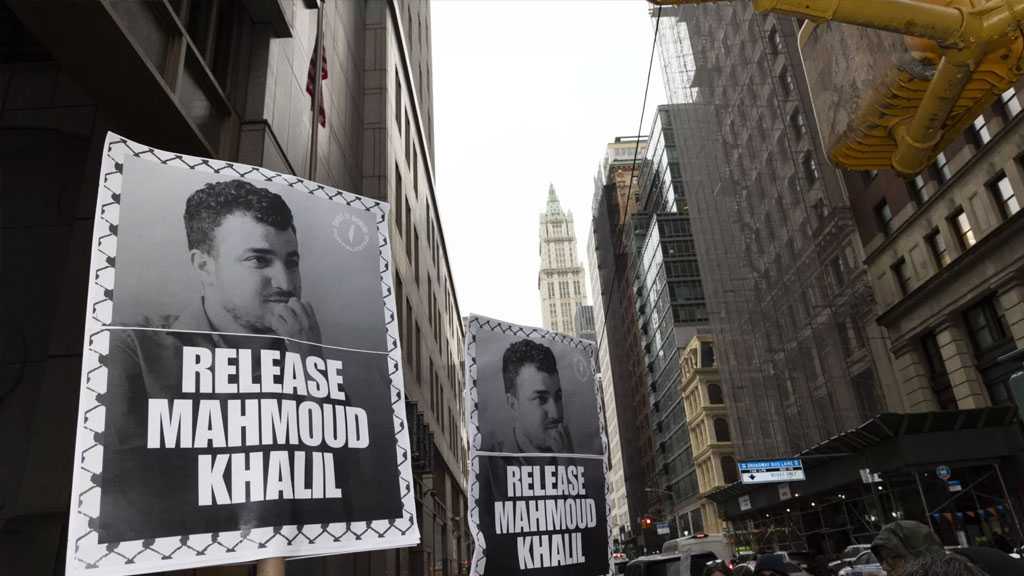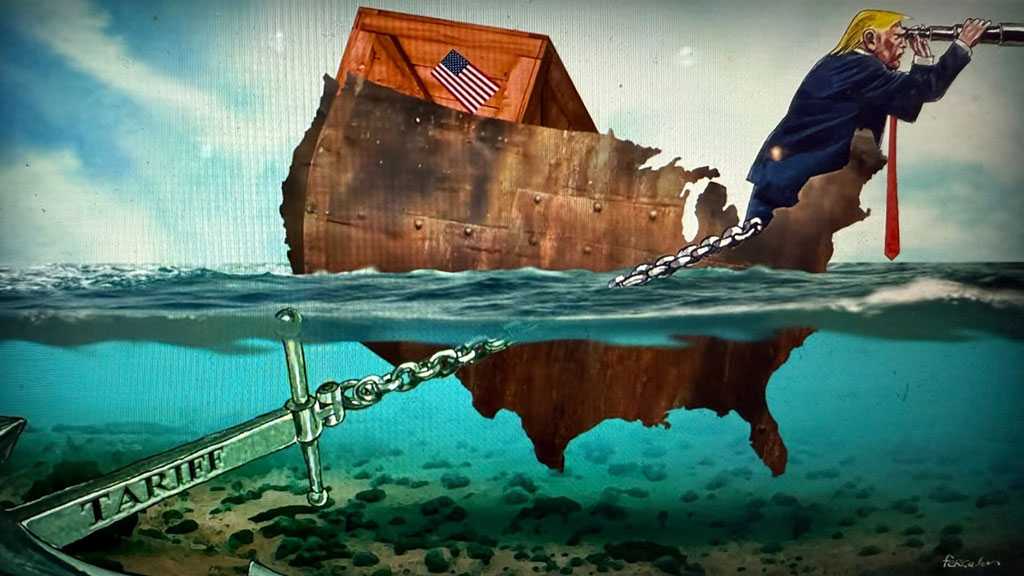Did Saudi Arabia Have a Reputation to Lose?

Adam Taylor
Whatever happened to journalist Jamal Khashoggi, his disappearance looks like an unmitigated disaster for Saudi Arabia’s international reputation. Right now, even longtime pro-Riyadh voices such as Sen. Lindsey O. Graham [R-S.C.] are suggesting sanctions.
It’s worth remembering, however, that Saudi Arabia did not have much of a reputation to ruin in the first place. Sure, thanks to its huge wealth and geopolitical importance, the country often got its way in Washington. But one of the reasons the reaction to Khashoggi’s disappearance and alleged killing has so quickly turned to threats of punishment is that the country has relatively few supporters among the US public.
Indeed, the majority of Americans have held unfavorable views of Saudi Arabia for years — despite a costly publicity campaign over the past few years designed to improve that. Gallup polling data on US views of Saudi Arabia have been net negative since February 2001.
The last time Saudi Arabia was viewed favorably by a clear majority of Americans was almost three decades ago. (Gallup didn’t ask this question between 1991 and 2001, so it is not totally clear how the views fluctuated during the 1990s.)
Among America’s Middle Eastern allies, the negative view of Saudi Arabia stands out. If we look at the most recent Gallup polling for other US allies in the Middle East, most are considerably more positive.
“Israel”, for example, was viewed positively by 74 percent of Americans in 2018 and Jordan was viewed positively by 57 percent of the country in 2015. Even Egypt, a country with a reputation for repression, was viewed positively by 59 percent and negatively by 35 percent of Americans in 2018.
Outside of the Middle East, Pakistan — which only 21 percent of Americans viewed positively and 70 percent viewed negatively in 2016 — appears to be the only major US ally viewed more negatively than Saudi Arabia.
What explains Saudi Arabia’s long-standing negative reputation? Well, it’s instructive here to think of two major events that seem to correlate with shifts in US views of Saudi Arabia in recent history. One is the 1991 Gulf War. The other was the terrorist attacks against the United States on Sept. 11, 2001.
Saudi Arabia played a key role in both of these events, for better or worse. It was a vital Middle Eastern ally when the United States sent troops to fight Saddam Hussein’s Iraq in August 1990. But a decade later, its reputation in the United States was sullied when it emerged that 15 of the 19 hijackers on 9/11 held Saudi passports.
These two events showed the duality of America’s relationship with Saudi Arabia. The two nations have been closely allied since 1945, when President Franklin D. Roosevelt met with King Abdul Aziz ibn Saud aboard the USS Murphy. But they have been at loggerheads before, notably during the oil crisis of 1973.
After 2001, with lingering allegations about Saudi involvement in terrorist attacks and funding of extremist clerics, a majority of Americans settled into a negative view of their ally. Before he was president, Donald Trump was among those who held such a view. During one presidential debate in 2016, the Republican candidate said that the Saudis “kill women and treat women horribly.”
Saudi Arabia was certainly aware of its negative reputation. The country was reported to be revamping its international PR efforts last year, as the freshly powerful Crown Prince Mohammed bin Salman was criticized for leading a war in Yemen and a regional embargo against Qatar. These efforts appeared to make some headway with political leaders and opinion writers — people invested in the idea that Saudi Arabia was an important geopolitical ally.
But there is little evidence that they made much headway with the general public. Now, the potential killing of Khashoggi looks likely to drag down the reputation of Saudi Arabia among Americans even further.
A recent poll conducted by YouGov for the Economist after the journalist’s disappearance found only 4 percent of Americans viewed Saudi Arabia as an ally, a drop of 6 percentage points in a year. Meanwhile, 15 percent of the country said it was an enemy.
These figures should cause deep concern in Riyadh. They show that Saudi Arabia has little “base” among the American public, so elected officials such as Graham can appeal to a domestic audience by criticizing Saudi actions. Unless Saudi Arabia can make a convincing case that it still serves US foreign policy, American politicians may follow their domestic audience — and reconsider whether the country is really an ally after all.
Source: The Washington Post, Edited by website team




